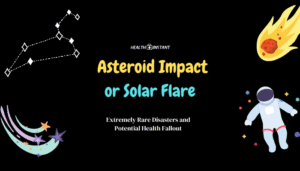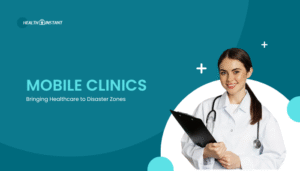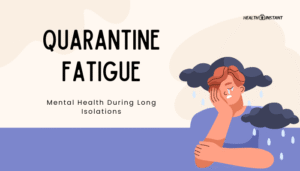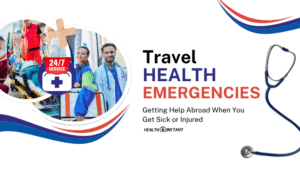Air Quality Index (AQI) Basics: Understanding Alerts and Protecting Your Health
Introduction Air pollution is a persistent public health concern in many regions. The Air Quality Index (AQI) offers a simple way to interpret levels of pollutants and understand what these levels mean for your health. By monitoring AQI values, you...
Read MoreAsteroid Impact or Solar Flare: Extremely Rare Disasters and Potential Health Fallout
Introduction While disasters like earthquakes, hurricanes, or outbreaks occur more often, public concern occasionally turns to extreme events like an asteroid impact or a massive solar flare. Although these scenarios are incredibly rare, understanding their potential health consequences helps guide...
Read MoreMobile Clinics: Bringing Healthcare to Disaster Zones
Introduction Natural disasters, pandemics, or conflict-driven crises frequently strain fixed healthcare infrastructure, making it hard for survivors to access immediate medical care. Mobile clinics bridge this gap by bringing healthcare services directly to affected neighborhoods or remote areas where hospitals...
Read MoreWhen Hospitals Are Full: Triage and Alternate Care Sites Explained
Introduction Disasters, pandemics, and mass casualty incidents can bring healthcare systems to their breaking point, leaving many hospitals overwhelmed. When this happens, frontline medical staff rely on triage to prioritize care according to patients’ needs while exploring alternative settings—called alternate...
Read MorePandemic Babies: Are There Long-Term Effects on Babies Born During COVID?
Introduction Children born during the COVID-19 pandemic have been in a world of lockdowns, social distancing, and heightened parental anxiety. Parents often wonder if these disruptions might have a lasting effect on their babies’ mental, emotional, or physical development. While...
Read MoreField Hospitals: How Parking Lots Became ICUs in Crises
Introduction In times of health emergencies—whether pandemics, natural disasters, or mass casualty events—hospitals can overflow with patients needing critical care. To accommodate surges beyond their standard capacity, authorities often deploy “field hospitals,” converting parking lots, event halls, or other open...
Read MoreQuarantine Fatigue: Maintaining Mental Health During Long Isolations
Introduction Quarantines or mandatory isolations—whether due to pandemics, disease outbreaks, or public health emergencies—have forced people into extended periods of limited social contact. While short-term isolation might seem manageable, lengthy quarantines can trigger ongoing stress, sometimes called “quarantine fatigue.” This...
Read MoreLockdown Lessons: How to Stay Healthy (and Sane) During Stay-at-Home Orders
Introduction Stay-at-home orders—often called “lockdowns”—help limit the spread of contagious diseases, but they also upend regular routines and social interactions. Being confined at home for extended periods can weaken motivation, disrupt eating habits, and exacerbate anxiety. Yet, lockdowns needn’t mean...
Read MoreTravel Health Emergencies: Getting Help Abroad When You Get Sick or Injured
Introduction Traveling abroad can be exhilarating, but health crises can arise unexpectedly. Whether it’s a sudden illness, an accident while sightseeing, or an exacerbation of a chronic condition, being in a foreign healthcare system can be intimidating. Proper planning and...
Read MoreTravel Insurance 101: Why You Might Need Medical Evacuation Coverage
Introduction Traveling abroad can be an enriching experience—until you fall seriously ill or get injured in a place with inadequate medical facilities. That’s where medical evacuation (medevac) coverage comes in. It covers the potentially enormous cost of transferring you to...
Read More









